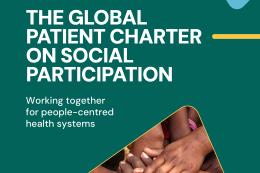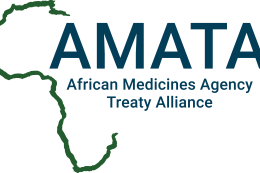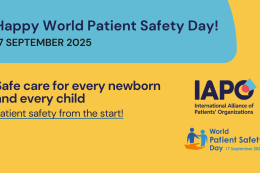The changing paradigm of patient care: IAPO at the symposium on Future of Patient Care in India

IAPO Board Member Dr. Ratna Devi represented IAPO as a panellist at the symposium on Future of Patient Care in India which aimed to unravel the possibilities of future patient care and the roles pharmaceutical producers may assume to adapt to this changing consumer behaviour of the patient. In recent years, there has been a major shift towards a greater role for patients in delivery of healthcare services. There is an enhanced focus on shared decision-making and the use of incentives embedded in benefit design that puts the onus on the patient to behave like a consumer and assess the value of different health services they receive.
Dr. Ratna Devi presented her views on “the changing paradigm of Patient Care: need for Innovative access solutions”. She along with her co panellists Jawed Jia, Sanjiv Navangul and Dr. Gareth Jones debated the topic touching upon various aspects of care continuum and the challenges faced by many patients seeking access to timely, quality care of their choice. Sanjiv Navangul, Managing Director, Janssen India, stressed on the fact that patients want to manage their own health and therefore, healthcare companies should build solutions around patient’s actual need and not around their perceived needs. Funding for healthcare needs to grow at a much faster rate to manage the disease burden. The current ecosystem and engagement platforms between companies, providers and patients needs disruption and innovation. Healthcare companies need to focus not only on innovation in their products/services but also explore opportunities to enhance patient experience and engagement, which will eventually allow them to unlock better outcomes and adherence. The voice of patient must be heard and should be at the centre of product development, defining rules of engagement.
Javed Zia (Country President, Novartis) talked about importance of preventive care. He said, “We have always treated health as a crisis in India. Preventive healthcare is not clearly thought through. The efficacy of a drug is when there is an effect on the patient”.
Dr Ratna agreed that while patient education and adherence is integral to development of innovative future friendly pharma solutions, it is important to look at the patient beyond popping a pill and have a holistic approach to care management. She pointed out that healthcare was too medicalised and that most chronic ailments were managed by patients or their caregivers at home. It is therefore important to strengthen patients, their caregivers and communities for better outcomes. Dr. Ratna concluded by stressing the importance of patient empowerment: “Let patients get together to manage their disease conditions with the right support from healthcare systems. Strengthen patient groups with patient skilled programmes” and outcomes will automatically improve.



